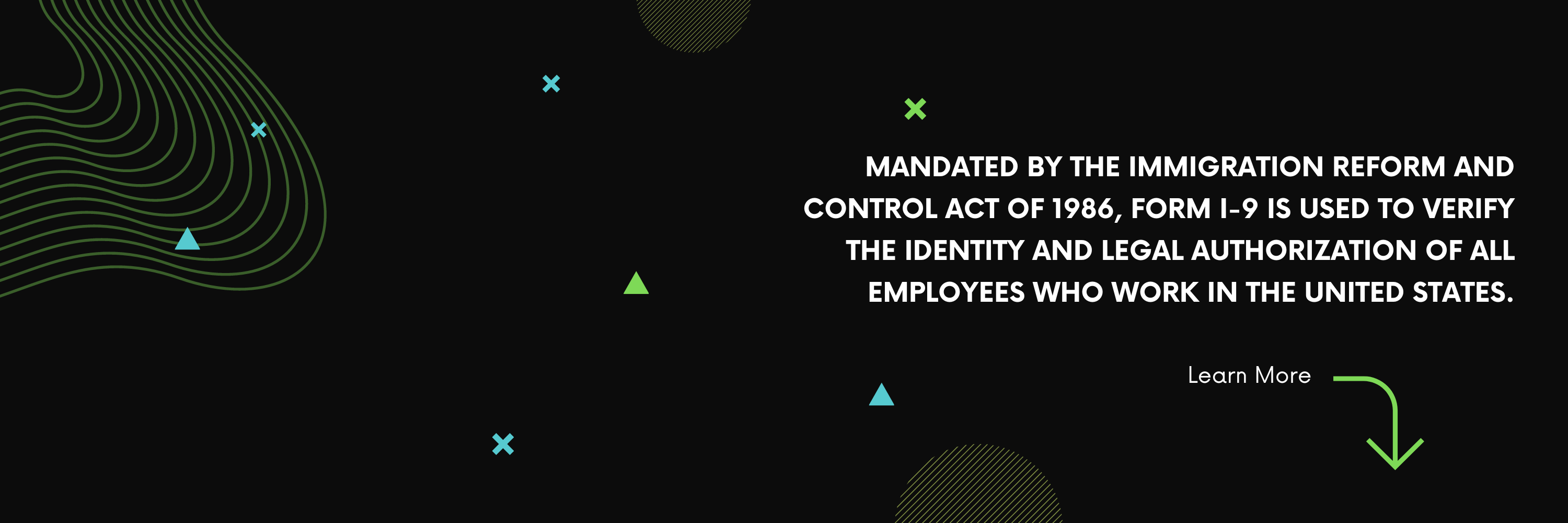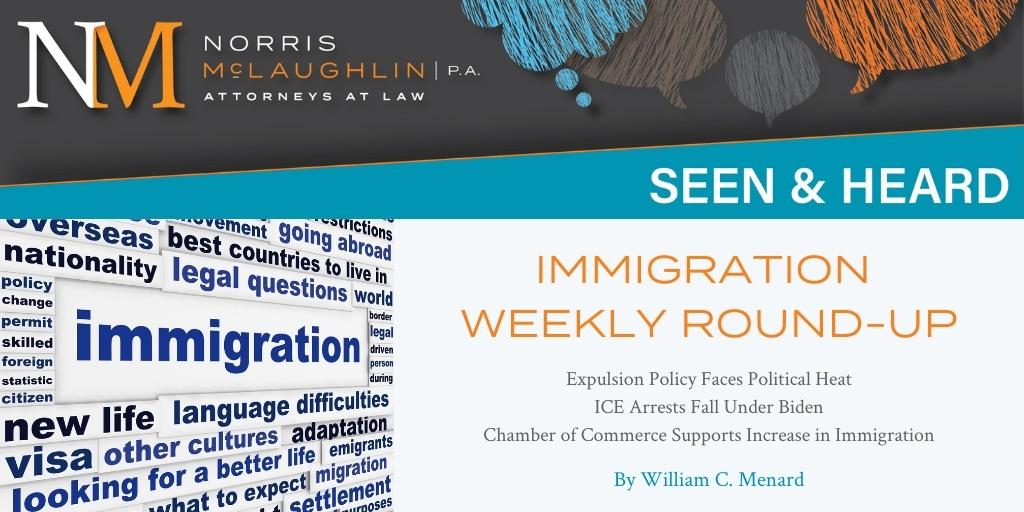ICE Extends Remote I-9 Verification Policy Through January 31, 2021

On December 23, 2020, United States Immigration and Customs Enforcement (ICE) announced an extension to its remote Form I-9 verification policy through January 31, 2021. The policy had been set to expire on December 31, 2020. This extension helps employers who are working remotely due to the COVID-19 emergency to verify their new hires.
Remote I-9 Verification Policy
This policy is available only to employers who are working remotely; all other employers must follow the standard in-person verification of identity and employment eligibility documentation. The policy is effective until February 1, 2021, or within three days after the COVID-19 emergency ends, whichever comes first.
The remote employee verification policy was first announced on March 20, 2020. ICE has renewed this policy multiple times now. With the surging COVID-19 infection rate, it is likely that ICE will further extend this policy.
Next Steps for Employers
Employers must first confirm if they are eligible for remote employee verification. If eligible, employers must remotely inspect, and retain copies of, the identity and employment eligibility documents to complete Section 2 of Form I-9. Employers who participate in E-Verify and meet the criteria for remote inspection must follow the guidance and create cases for their new hires within three business days of the date of hire.
ICE also urges employers to monitor the Department of Homeland Security and ICE websites for additional updates about when the extensions and normal operations resume. To learn more about this blog post or if you have any other immigration concerns, please feel free to contact me at rglahoud@norris-law.com or (484) 544-0022. For other topics related to COVID-19, visit our Coronavirus Thought Leadership Connection.
The information contained in this post may not reflect the most current developments, as the subject matter is extremely fluid and constantly changing. Please continue to monitor this site for ongoing developments. Readers are also cautioned against taking any action based on information contained herein without first seeking advice from professional legal counsel.




